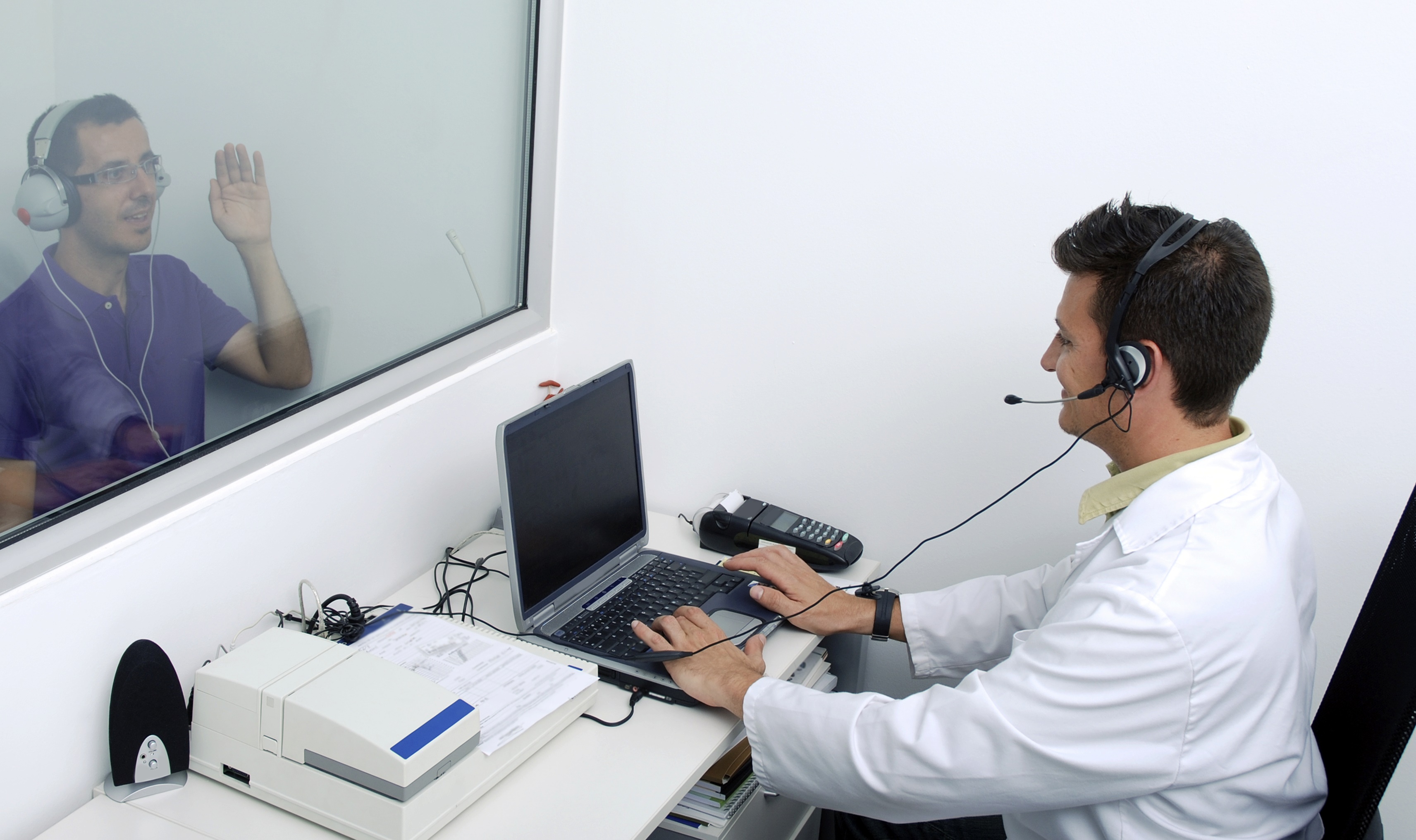
Congratulations on taking the initial step toward better hearing by scheduling your hearing assessment. You’re already ahead of the game, as a great number of people delay having their hearing tested for years—in some instances decades.
But now that you’ve booked your hearing test, you’ll want to be certain that you’re prepared for the consultation, particularly if test results show that you might benefit from wearing hearing aids. Purchasing hearing aids can be difficult, but if you ask the right questions, your hearing care specialist can help lead you to the ideal technology.
To attain the best hearing you can, make sure to ask these five questions at your upcoming hearing test.
1. What kind of hearing loss do I have?
Your hearing care professional will test your hearing using the most current technology, and the results of the test will be printed on a chart known as an audiogram. See to it that your hearing professional reviews the audiogram with you and clarifies:
- The type and severity of your hearing loss. High-frequency hearing loss is most common, and is classified as mild, moderate, severe, or profound.
- How hearing aids can help, and if and why you’d need hearing aids for one or both ears. Hearing loss in both ears is ideally remedied with two hearing aids, and the audiogram will show the results for both ears.
2. Which hearing aid is best for my needs?
Each patient’s hearing loss and hearing needs are unique. The more your hearing professional knows about your way of life, the better they can suggest the suitable technology.
If you’re highly active, for instance, you may give thought to the most up-to-date hearing aid technology with wireless capabilities. If you don’t want all of the bells and whistles, however, a more economical option is probably a better fit.
3. What are my financing options?
Next up is everyone’s least popular topic—price. Although you should keep in mind that the benefits of hearing aids far surpass the cost (the monthly expense in most cases being less than the cable TV bill), the price can still seem high.
Several financing opportunities are available that can help you cover the expense, although not all options are available to every patient. Even so, you should consult with your hearing professional about some of these sources:
- private insurance (uncommon but worth asking about)
- Medicare and Medicaid
- VA benefits
- charitable organizations
- state programs
- financing options (special healthcare credit arrangements)
4. How can I most effectively adapt to my new hearing aids?
After you’ve picked out your preferred hearing aids and have had them professionally fit, you can head home and instantly hear perfectly without any problems, correct?
Not exactly. As with anything new, you’ll need some time to adapt. You’ll be listening to sounds you haven’t noticed in a long while, your voice may sound unusual, and the fit of the hearing aid may feel awkward. This is completely normal and expected, and will take care of itself in a short amount of time. You simply have to be patient.
Make sure that your hearing professional offers advice on how to best adjust to your hearing aids, including how to operate them and how to master the features.
5. How do I maintain my hearing aids?
Hearing aids are complex and dependable devices that should operate reliably for many years. Even so, they will require consistent cleaning and care. Talk to your hearing professional about cleaning products and procedures, storage solutions, accessories, and battery management.
Additionally, it’s a good idea to have your hearing practitioner professionally clean your hearing aids once or twice a year.
As you prepare for your hearing test, remember that achieving the best outcome requires:
- comprehending your hearing loss
- matching your hearing loss and lifestyle to the right technology
- finding an affordable solution based on your budget
- fitting and programming your new hearing aids
- adjusting to and maintaining your hearing aids
With the assistance of your local hearing care professional—and by asking the right questions—you can assure the best results and a lifetime of healthier hearing.
